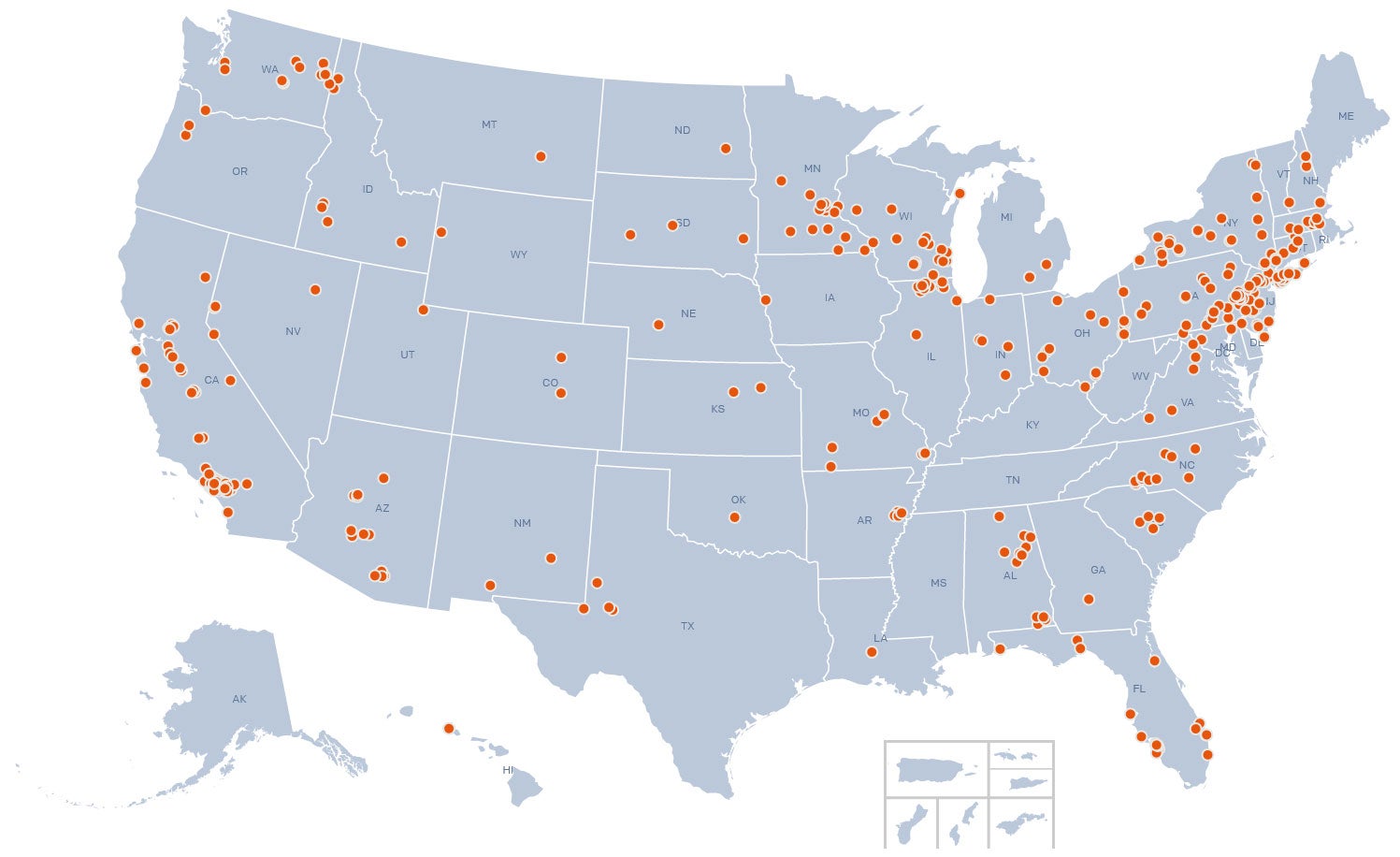Historic Victory for Public Health as the EPA Bans Toxic Chemical TCE
Victory
—The toxic solvent poses an unreasonable risk of life-threatening medical problems like cancer and congenital heart defects
Contact
Today, the Environmental Protection Agency (EPA) announced a ban on trichloroethylene (TCE), a highly toxic solvent associated with cancer, fetal heart defects, and Parkinson’s disease. However, the agency stopped short of similar action on perchloroethylene (PCE), opting for only a partial ban despite its unreasonable risks of cancer and other serious health dangers.
TCE was first manufactured in the 1920s, and the U.S. government has known of its risks since at least the 1940s, when the military warned of its inhalation and dermal hazards. Yet TCE remains in widespread use, despite the known existence of alternatives, and it has long contaminated drinking water supplies in Woburn, Mass.; Camp Lejeune, NC; Tucson, AZ; and other communities.
“A century of avoidable cancer and fetal heart defects is more than enough,” said Earthjustice Attorney Jonathan Kalmuss-Katz. “No chemical is worth the devastation that TCE has caused communities across the country, and the Biden administration deserves credit for this necessary and long overdue ban.”
EPA’s ban will prohibit most TCE uses within a year, with some industrial uses phased out over a longer period. In contrast, EPA’s regulation of PCE — another solvent used in dry cleaning, degreasing, and other consumer products and industrial processes — will ban less than 20% of the current production volume of PCE, allowing the largest PCE uses to continue indefinitely. EPA’s rule establishes occupational exposure limits to protect workers who will remain exposed to PCE, but it does not limit PCE releases to the environment or establish protections for fenceline communities.
“The last thing we want is for industry to replace prohibited uses of TCE with PCE, swapping one toxic threat for another. But the narrower scope of the PCE ban opens the door to that very substitution, leaving workers and impacted communities at risk,” said Kalmuss-Katz.

Additional Resources
About Earthjustice
Earthjustice is the premier nonprofit environmental law organization. We wield the power of law and the strength of partnership to protect people's health, to preserve magnificent places and wildlife, to advance clean energy, and to combat climate change. We are here because the earth needs a good lawyer.